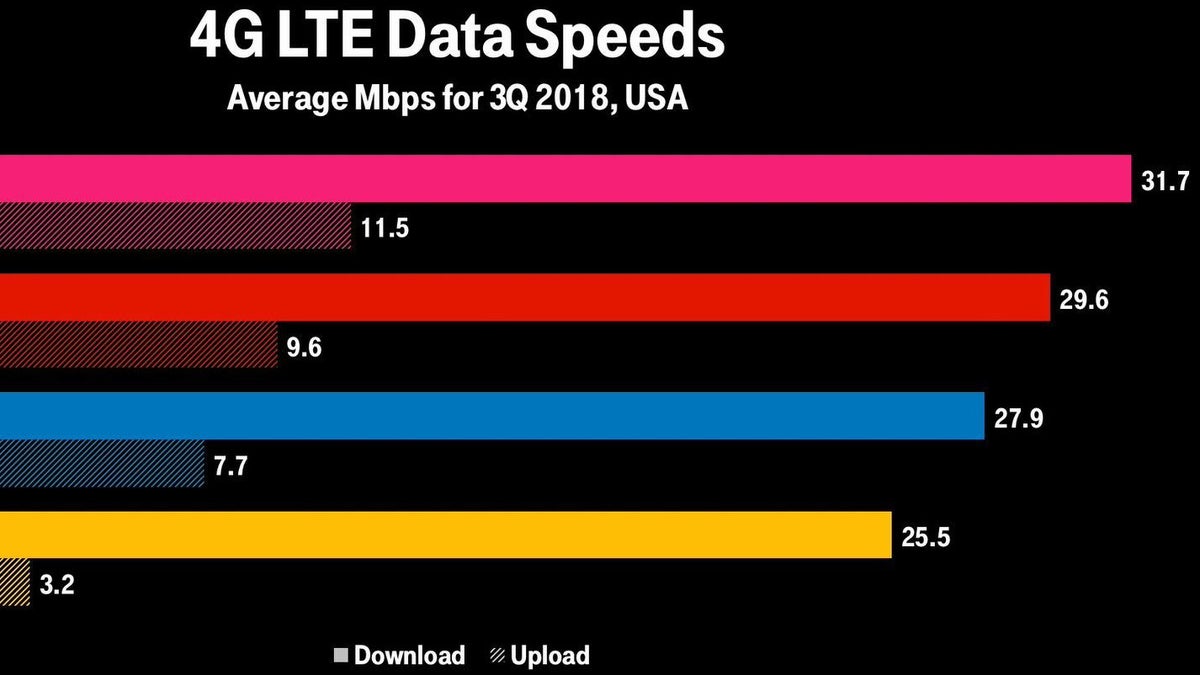The advancement of mobile networks has redefined how we connect, communicate, and consume content. Among these advancements, 4G LTE technology revolutionized connectivity, bringing high-speed internet to mobile devices around the world. But what exactly is 4G LTE speed, and how does it shape our digital experience?
What is 4G LTE?
4G, or fourth-generation mobile network, significantly upgraded wireless communication, following its predecessor 3G. LTE stands for Long Term Evolution, a standard that ensures high-speed mobile connectivity under 4G.
LTE is sometimes referred to as 4G LTE, emphasizing its role as the most optimized form of 4G technology. With this combination, 4G LTE delivers mobile internet speeds comparable to some home broadband services, providing a seamless experience for users on the go.
How Fast is 4G LTE?
4G LTE speed varies depending on factors like location, network congestion, and device compatibility. On average:
- Download speeds typically range from 20 to 50 Mbps, though they can exceed 100 Mbps in optimal conditions.
- Upload speeds generally fall between 5 and 15 Mbps, supporting quick uploads of photos, videos, and files.
In real-world scenarios, users experience speeds between 20–30 Mbps, enough for high-definition streaming, online gaming, video conferencing, and other data-intensive activities.
Factors Affecting 4G LTE Speed
Several elements can impact the actual speed of 4G LTE:
- Network Congestion: More users on the network can slow speeds, particularly in high-traffic areas or during peak hours.
- Geographical Location: Rural areas or locations with fewer cell towers may have reduced 4G LTE speeds compared to urban areas.
- Device Compatibility: Older devices may not support the latest 4G LTE standards, limiting speed potential.
- Signal Strength: The closer you are to a cell tower, the stronger the signal and, typically, the faster the speed.
- Carrier Bandwidth: Different carriers have different bandwidth allocations for 4G LTE, which can affect maximum speeds.
Benefits of 4G LTE Speed
High 4G LTE speeds offer several advantages for mobile users:
- Seamless Streaming: 4G LTE enables smooth streaming of high-definition videos without buffering, enhancing the mobile entertainment experience.
- Enhanced Productivity: With faster internet, users can efficiently download and upload files, making it easier for remote work and collaboration.
- Low-Latency Gaming: Mobile gamers benefit from reduced lag, allowing for a smoother, more responsive gameplay experience.
- Reliable Video Calling: 4G LTE provides a stable connection for high-quality video calls, making it ideal for personal and professional communication.
4G LTE Speed vs. 5G: A Comparison
While 4G LTE marked a major step forward in mobile technology, 5G is its next-generation successor, with speeds up to 100 times faster. Here’s a quick comparison:
| Feature | 4G LTE | 5G |
|---|---|---|
| Download Speed | 20-50 Mbps (up to 100 Mbps) | 100 Mbps to 10 Gbps |
| Latency | 30-50 ms | 1-10 ms |
| Ideal Use Cases | Streaming, browsing, gaming | IoT, AR/VR, ultra-HD media |
Despite 5G’s potential, 4G LTE remains the dominant network worldwide, offering reliable speed and widespread availability.
Enhancing Your 4G LTE Speed
To maximize your 4G LTE speed, consider these tips:
- Switch to 4G LTE mode: Ensure your device is set to 4G LTE mode in network settings.
- Update Device Software: Regular updates can improve device compatibility with carrier networks.
- Use a Signal Booster: Signal boosters enhance weak signals, particularly helpful in rural or congested areas.
- Limit Background Apps: Background apps can consume bandwidth, so closing unused apps can help improve speed.
Final Thoughts
4G LTE speed has empowered users globally, enabling mobile internet speeds that rival some home connections. As we progress into the 5G era, 4G LTE remains a robust and reliable network choice, especially in areas where 5G isn’t yet available.
Whether for streaming, gaming, or remote work, 4G LTE continues to support our connected lifestyles, delivering the speed and reliability that users expect.For more 5g Internet information check the internetgainer.
